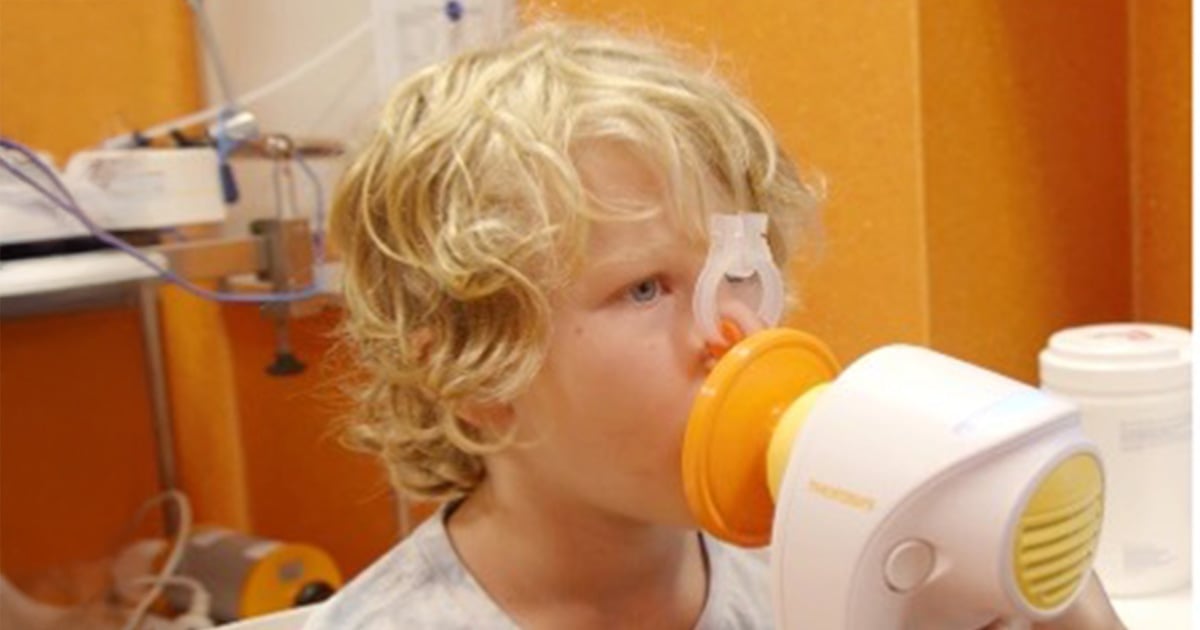Search
Showing results for "early lung health"

News & Events
WA Cystic Fibrosis Research Collaborative Program GrantsNew hope is on the horizon for people living with cystic fibrosis.
Research
Increased allergic immune response to Sarcoptes scabiei antigens in crusted versus ordinary scabiesScabies, a parasitic skin infestation by the burrowing "itch" mite Sarcoptes scabiei, causes significant health problems for children and adults worldwide.
Research
Genome-wide association analysis identifies 11 risk variants associated with the asthma with hay fever phenotypePrevious analyses of family data from the Tasmanian Longitudinal Health Study provide evidence that this phenotype has a stronger genetic cause than asthma...
Research
A process and impact evaluation of use of a Powered Wheelchair Standing Device by boys with Duchenne muscular dystrophyGraham Jenny Peter Hall Downs Jacoby BAppSci PhD CRFS FANZSRS FThorSoc FERS BApplSci (physio) MSc PhD BA (Hons) MSc Honorary Research Associate Head,
Research
Effect of early carriage of streptococcus pneumoniae on the development of pneumococcal protein-specific cellular immune responses in infancyThe aim of this study was to examine the relationship between nasopharyngeal pneumococcal colonization in early life and the development of T cell responses.

Mental health concerns in youth are important in their own right. However, they can be even more troubling when your child is dealing with other health conditions.

We've compiled a number of helpful links to phage resources in Australia and beyond.
Research
Protocol For Study Of Information Needs Of Parents Of Infants Newly Diagnosed With Cystic FibrosisThis study aimed to investigate the information needs, priorities, and information-seeking behaviours of parents of infants newly diagnosed with CF.
Research
Prescribing in a pediatric hospital setting – Lost in translation?To determine parental understanding of directions on common pediatric prescription pharmacy labels and to identify enablers and barriers that affect interpretation of these labels.
Research
The impact of surgical cancellations on children, families, and the health system in an Australian paediatric tertiary referral hospitalReasons for elective surgery cancelations and their impact vary from one institution to another. Cancelations have emotional and financial implications for patients and their families. Our service has a particularly broad and geographically diverse patient population; hence, we sought to examine these impacts in our service.
